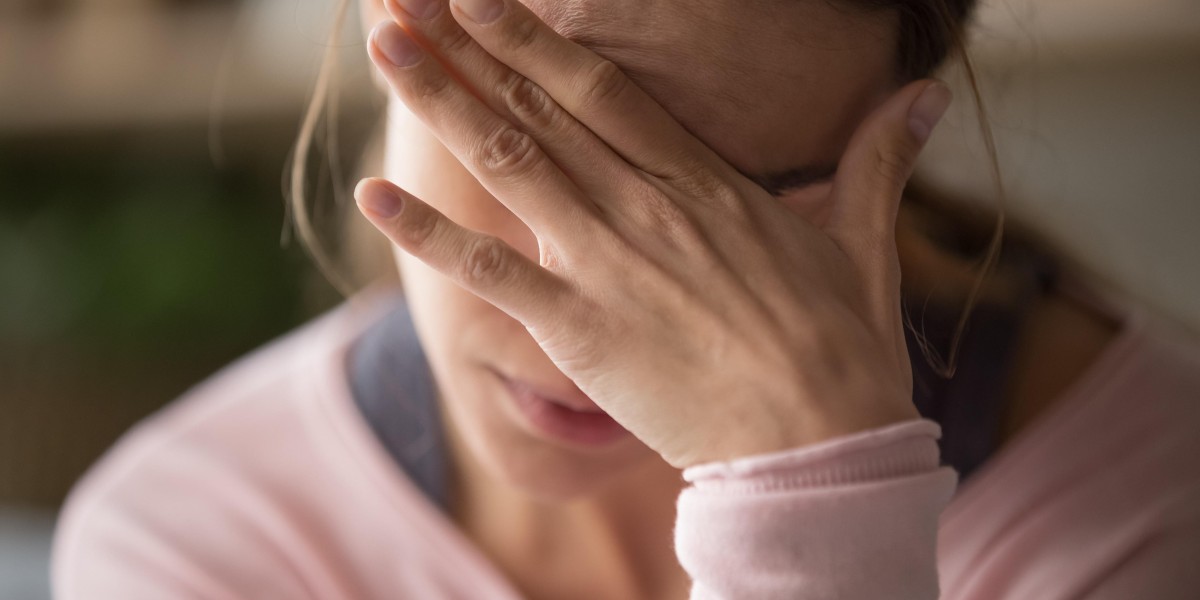Insomnia, a prevalent sleep disorder, affects millions of people worldwide. Characterized by difficulty falling asleep, staying asleep, or waking up too early, insomnia can lead to a host of physical and mental health issues. Various factors contribute to insomnia, including stress, anxiety, medical conditions, and lifestyle choices. Among these lifestyle choices, the consumption of caffeine and alcohol is particularly noteworthy, as both substances have significant effects on sleep patterns. This article explores the impact of caffeine and alcohol on insomnia, helping readers understand how these substances can affect their sleep quality and overall well-being.
Understanding Insomnia
Insomnia is not just about having trouble falling asleep; it can also include waking up frequently during the night or waking up too early without the ability to return to sleep. According to the National Sleep Foundation, approximately 30% of adults experience short-term insomnia, while about 10% suffer from chronic insomnia symptoms . The consequences of insomnia can be severe, leading to fatigue, mood disturbances, impaired cognitive function, and an increased risk of chronic health conditions such as heart disease and diabetes.
Caffeine: A Double-Edged Sword
Caffeine, a central nervous system stimulant found in coffee, tea, chocolate, and various energy drinks, is one of the most widely consumed psychoactive substances in the world. While many people rely on caffeine to boost alertness and combat fatigue, its impact on sleep is complex.
How Caffeine Affects Sleep
Stimulation of the Central Nervous System: Caffeine works by blocking adenosine, a neurotransmitter that promotes sleep. This blockage increases alertness and delays the onset of sleep, making it difficult for individuals to fall asleep at night.
The half-life of caffeine can vary between individuals but generally ranges from 3 to 7 hours. This means that consuming caffeine even in the afternoon can impact nighttime sleep. For instance, a cup of coffee consumed at 3 PM may still be in your system at 10 PM, making it harder to fall asleep.
Research has shown that caffeine can alter sleep architecture, leading to less deep sleep and increased awakenings during the night. Deep sleep is essential for physical restoration and cognitive function, so its reduction can contribute to feelings of fatigue and irritability the next day.
Recommendations for Caffeine Consumption
To mitigate the effects of caffeine insomnia sleep, consider the following recommendations:
Aim to limit caffeine intake, especially in the afternoon and evening. The American Academy of Sleep Medicine suggests avoiding caffeine at least 6 hours before bedtime.
Be aware of hidden sources of caffeine, such as certain teas, sodas, and medications. Read labels and be mindful of your total caffeine intake throughout the day.
While moderate caffeine consumption is generally considered safe for most people, excessive intake can lead to anxiety, restlessness, and insomnia.
Alcohol: The Illusion of Sleep Aid
Alcohol is often used as a sleep aid, with many people believing that a drink or two before bed can help them relax and fall asleep faster. However, the relationship between alcohol and sleep is more complicated than it appears.
How Alcohol Affects Sleep
Initial Sedation: Alcohol can have a sedative effect in low doses, leading to decreased sleep latency (the time it takes to fall asleep). However, this initial effect is misleading, as it can disrupt sleep later in the night.
As the body metabolizes alcohol, it can lead to fragmented sleep and increased awakenings. Research indicates that alcohol consumption can reduce rapid eye movement (REM) sleep, which is crucial for emotional regulation and cognitive processing.
Many people report waking up in the middle of the night after consuming alcohol. This is often due to the body's physiological response to metabolizing the alcohol, which can trigger increased heart rate and disrupted sleep cycles.
Recommendations for Alcohol Consumption
To minimize the impact of alcohol on sleep, consider the following strategies:
If you choose to drink alcohol, do so in moderation. The Centers for Disease Control and Prevention (CDC) defines moderate drinking as up to one drink per day for women and up to two drinks per day for men.
Try to finish drinking at least 2-3 hours before bedtime to allow your body time to metabolize the alcohol and minimize its impact on sleep quality.
Combining alcohol with other substances, such as caffeine, can have unpredictable effects on sleep and should be approached with caution.
The Combined Effects of Caffeine and Alcohol
The combination of caffeine and alcohol poses unique challenges for sleep quality. Many social situations involve consuming both substances, whether it's a cocktail party or a night out. This combination can amplify the negative effects on sleep:
The stimulating effects of caffeine can counteract the sedative effects of alcohol, leading to prolonged sleep latency.
As both substances impact sleep architecture, consuming them together can lead to a greater likelihood of waking during the night and experiencing non-restorative sleep.
Regularly consuming both substances can increase the risk of developing chronic insomnia, as the body struggles to establish a healthy sleep pattern.
In summary
Understanding the impact of caffeine and alcohol on insomnia is crucial for anyone seeking to improve their sleep quality. While both substances can provide short-term benefits, their long-term effects can be detrimental to sleep health. By moderating consumption, being mindful of timing, and recognizing how these substances affect sleep architecture, individuals can take proactive steps to enhance their overall well-being. Prioritizing healthy sleep habits is essential, as restorative sleep is vital for physical health, emotional stability, and cognitive function. If insomnia persists despite lifestyle changes, it may be beneficial to consult a healthcare professional for further evaluation and treatment options.








